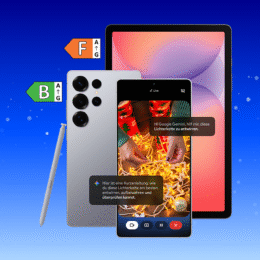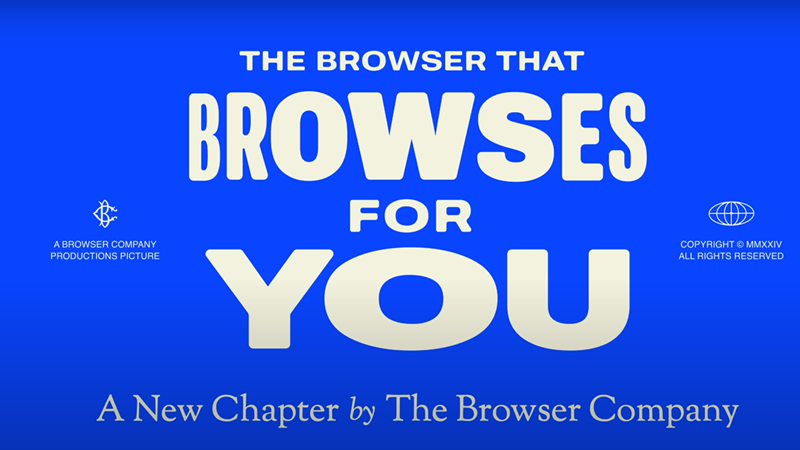und nicht etwas Friendster.com, die Mutter aller Social Networks?
Danah Boyd (Anthropologin) hat sich einige spannende Gedanken dazu gemacht: Friendster lost steam. Is MySpace just a fad?
sehr zentral finde ich diese Erklärung, denn es fällt tatsächlich auf, wie Friendster immer wieder versucht hat, seine Kunden zu erziehen (zB Kampf gegen die Faksters), während MySpace Leine gegeben hat:
Basically, MySpace evolved with its users, building a trusting relationship, figuring out how to meet their needs and cultural desires, providing them with features and really trying to give them what they were looking for. Friendster did not – it fought its users hand and foot, telling them how to behave
Auf dem Blog Apophenia (auch ein Blog von Danah Boyd) findet sich bereits 2003 etwas zu dem Buzzkiller ähnlichen Verhalten von Friendster in ihrem Kampf gegen die o.g. Fakster:
By creating a rigid „public“ environment and controlling the types of social activity that go on, you inherently limit your audience and weaken your product. Just as in RL, there is value in having a „public“ environment where a vastly diverse population can just live and let live. Diversity makes the world go round.
Secondly, play is really important. With play comes humor and creativity. This is the glue the helps connect people, the motivation for doing serious activities. Life is like a treasure hunt – it’s about finding those more subtle awe-inspiring moments. Connecting with people is not a dry mechanical task and to turn it into one will inevitably demotivate people.
und es ist erschreckend, welch richtigen Schlussfolgerung sieh damals daraus gezogen hatte: One year from now, i suspect that the current incarnation of Friendster will have faded from people’s memories, a fad that was fun to play with and to find people. For the next evolution of said software, it’s going to be essential for designers to figure out how to provide an environment where people have freedom, while simultaneously empowering people to ignore segments of the population. In effect, they need to figure out how to model the variety of a good city. Social software must learn from social environments, not try to artificially construct them.
Und in ihrem obigen Aufsatz schließt sie mit den Worten:
A huge part of the success of MySpace is an age and culture thing. Part of being an American teen is figuring out who you are, how you fit into society and culture, how social relations work, etc. Part of this process involves sharing cultural objects, hanging out and trying out different self-performances to find the one that feels „right“ (think Goffman „faces“). There are plenty of adults who are doing this as well, but it is central to youth culture. Youth will always do this, using whatever medium is available to them. MySpace is far more deeply situated in the cultural values and practices of its constituents than Friendster ever was. MySpace teens may jump ship, but they are not going to stop doing identity work, at least not for a few years. Finally… MySpace has become far more than that. If it doesn’t evolve, it will fade, but MySpace is far better positioned to evolve than Friendster was. That said, i think we’re seeing a huge shift in social life – negotiating super publics. I kinda suspect that MySpace teens are going to lead the way in figuring this out, just as teens in the 60s and 70s paved the way to figuring out globalized life with TV. I just hope law doesn’t try to stop culture.
via biznis & blog
Wohl eines der besten Analysen zu Social Networks und insbesondere das MySpace-Phänomen.
Man kann sich auch ein Video mit Danah anschauen, anlässlich einer Konferenz in Helsinki und ein Video auf YouTube (FoxNews und die prüden Amis, die sich Sorgen um ihre Jugend machen)












